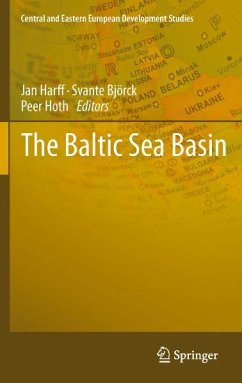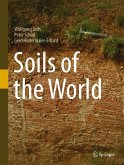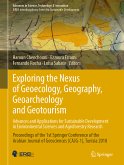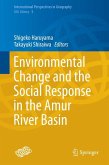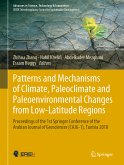Dieser Download kann aus rechtlichen Gründen nur mit Rechnungsadresse in A, B, BG, CY, CZ, D, DK, EW, E, FIN, F, GR, HR, H, IRL, I, LT, L, LR, M, NL, PL, P, R, S, SLO, SK ausgeliefert werden.
"Chapters in the book will be of interest not only for geologists but also for representatives of other disciplines (e.g. biology, ecology, oceanography) working in the Baltic Sea region and also in other areas. ... The combination of good reviews and original studies with an interdisciplinary approach makes the book potentially useful for advanced students, especially from the Baltic Sea region, and marine geologists dealing with semi-enclosed seas elsewhere in the world will certainly find valuable information." (Witold Szczucinski, Sedimentary Record, February, 2013)

